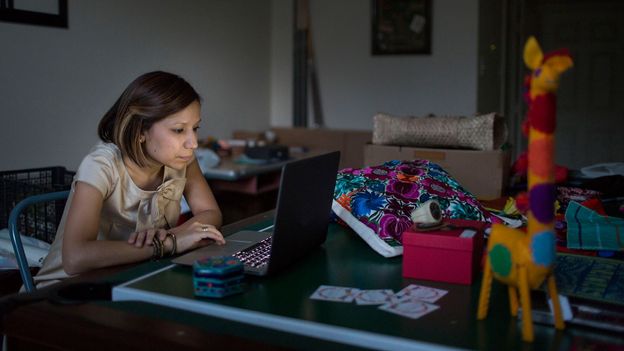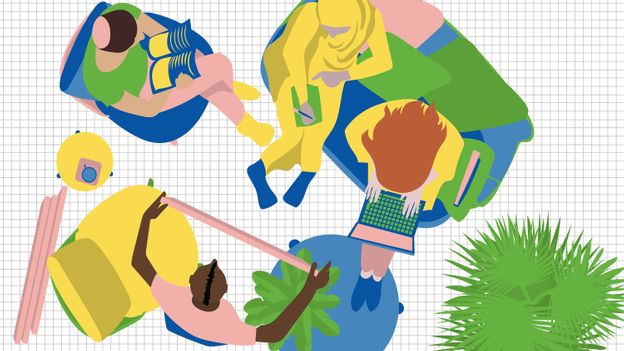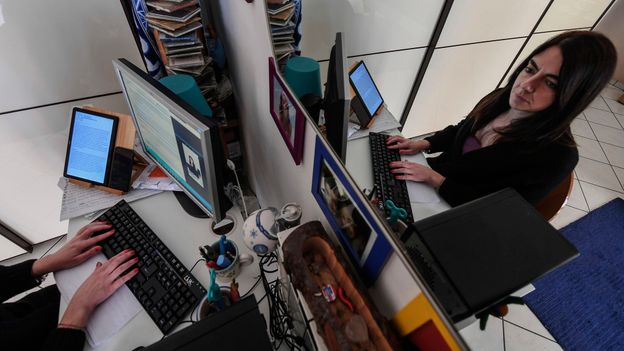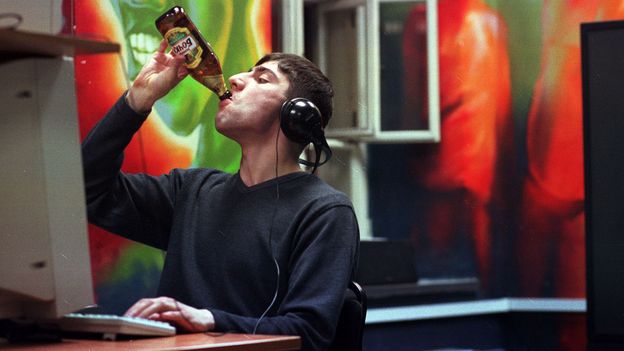For example, my fitness level has plummeted during the pandemic, so my wish is to start jogging for 30 minutes every day. That’s because I know the outcome will be that I’ll feel better, healthier and more relaxed after doing it. The obstacle that stands in my way is my sense that it’s easy to feel like nothing matters – why bother doing something as normal as exercise? Nothing is normal right now: I spend 10 hours a day in front of a screen by myself in my apartment because we’re not supposed to leave home. I may as well just stay inside and binge more Netflix.
In order to formulate that final plan, Oettingen advised me to think about what makes me feel better when that obstacle appears, which is calling friends and loved ones – something that anchors me, gets me out of my head and reminds me that life will one day be normal again. Ultimately, Oettingen helped me turn that desire to connect with others into an actionable motivator: by putting on my trainers and joining all of the people I see jogging out my window, I’m participating in an activity that feels communal, shared and that involves other people.
“We need to search” for ways to remove our motivation roadblocks, she says, since the things we want to do ultimately originate from important things we need. (For the record, I did go outside for exercise afterwards.)
That’s why Oettingen stresses that focusing on the obstacle is the most important step in refilling your motivation reserves – not wishfully thinking about the beneficial outcome. Instead, be as specific as possible about what stands in your way – really reflect on your emotions, and then sum up the obstacle in three to four words. That’s what will truly give you a game plan to do what you want to do.
Connect with community
Experts also point to a surprising way to find motivation in this final stretch: focus less on yourself, and more on others.
“The sense of ‘common fate’, as in the case of shared crises or challenges, can draw people together. This increase in social support can help people cope,” says Steven Taylor, professor of psychiatry at the University of British Columbia and the author of The Psychology of Pandemics.









